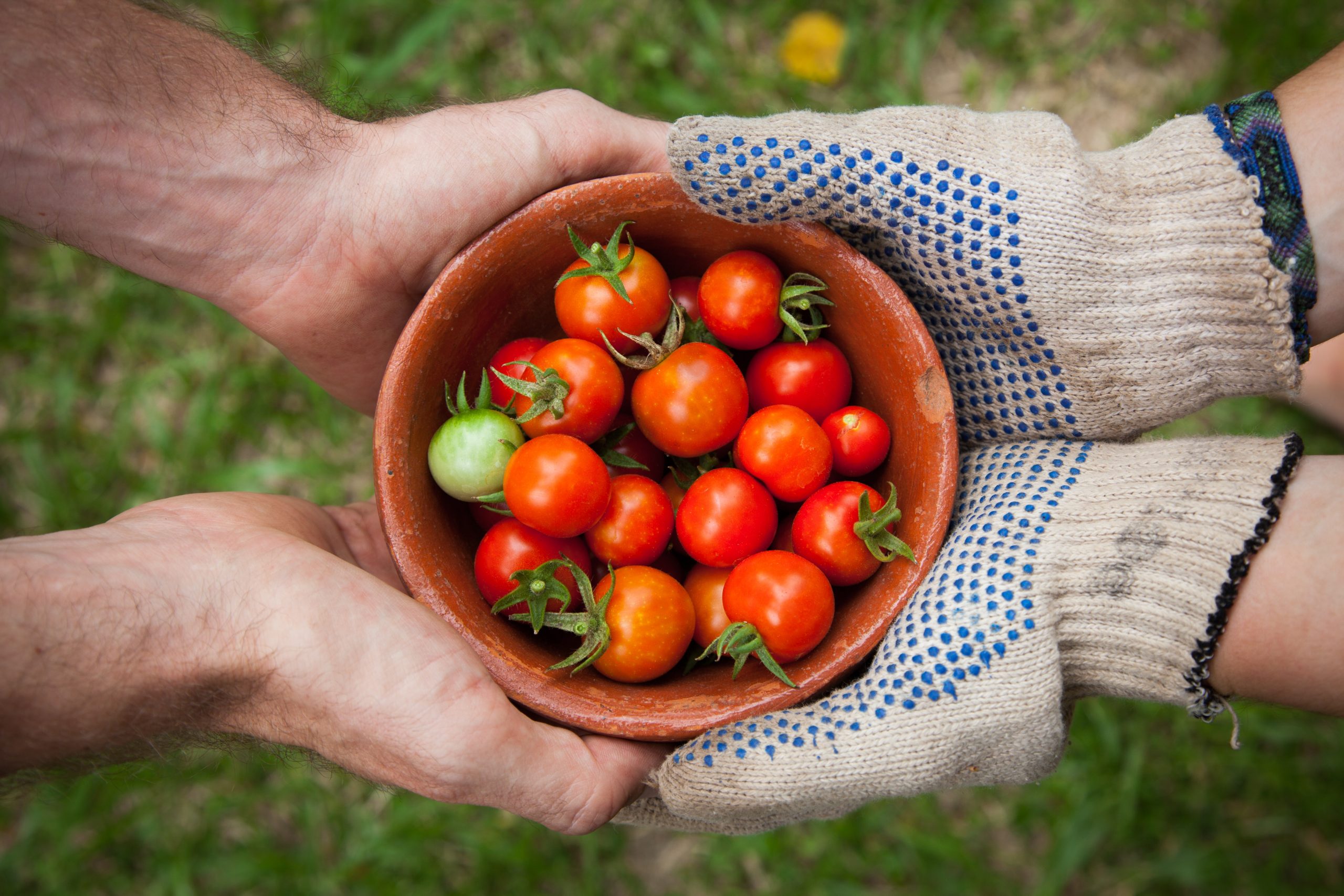As anyone who knows me will confirm, I’m unashamedly a foodie – love eating it, cooking it, and gifting it. So I was delighted to learn about Haversack Hampers, a local business-for-good founded by Jason de Souza. While I’ve never met Jason, he seemed to epitomise the spirit of Ubuntu – a South African word best translated as “I am because you are”.
I wanted to know more about what drove him to build a business that gives 100% of its profits to charity. And he very graciously agreed to let me have someone interview him. The title of this post is a direct quote from Jason. Here’s what else we learnt.
Q: What prompted you to start Haversack?
Financially speaking, I’m comfortable – I have a nice house in a leafy Brisbane suburb. But drive ten minutes from my home, and people are struggling. I felt I needed to do what I could to help. I knew how to run a business, so the idea of a business-for-good made sense. I still run my technology company, Kludde Technology. But it’s well-established, which allows me time for Haversack.
Note from Carole: We subsequently learnt that Kludde is the ANZ business partner for TheReceptionist’s visitor management system. This Denver-based company is built on an #employeesupremacy philosophy, and we hope to take a closer look at that soon.
Q: And why a food business? Is that a passion of yours?
Of course, I like nice food and sourcing the contents for our hampers has been fun. But it’s more than that – I think food allows us to build communities. All over the world, different cultures come together over food. It’s something we should pay more attention to.
Q: Currently, Haversack’s profits go to the YMCA’s Schools’ Breakfast Program. Is student nutrition still an issue in a first-world country like Australia?
I think so, yes. In Queensland alone, the YMCA runs its program at 165 schools. But the “allusion of prosperity” is a global issue – you find homeless people living on the pavements in LA in front of fancy tech campuses, for example. You just have to scratch the surface.
The current cost of living crisis obviously makes things worse. But with children arriving at school hungry, it’s not just about affordability. It can also be a case of neglect or abuse. Sometimes the parents are shift workers, say, who just can’t be there to get the kids sorted. If these children are given a chance to achieve something at school, they may go on to succeed in life, perhaps breaking the cycle of deprivation.
Q: In your opinion, what should organisations look for in a charity if they want to contribute?
I think the important thing to remember is that giving doesn’t need to be financial. You can still do a lot without money. For example, you could pick up litter in a park near your offices. Or allow employees to volunteer during office hours – that will mean more for them and the non-profits. I believe giving should “hurt a little”. I personally spend five business hours each Friday volunteering for Communify QLD. It would have been too easy just to do it in my spare time. And my clients love that I do that.
Q: Do you have any funny or interesting stories you can tell us about the people who receive hampers? Or maybe the producers?
Well, I get to be Santa Claus every time I deliver a Hamper! I love talking to people. Most Sundays, I’ll take a chair to the Botanical Gardens and land up having amazing conversations with random people I may never see again. But no, I don’t feel comfortable talking about other people’s experiences – I need to treat that as confidential.
I will say we need to talk to each other more, though. We’ve created this world where kids are taught about “stranger danger”, but in reality, abusers are typically known to their victims. It’s a little messed up.
Q: Have you noticed any change in people’s attitudes to each other since the pandemic? We hear of global shifts in how people regard race, for example.
Not really, no. I don’t watch mainstream news, so I’m not tuned into that kind of stuff. But I am seeing a reaction to the rising cost of living. People and businesses are taking strain, and it makes them very internally focused. I’d encourage them not to let themselves get negative. Be creative, give and show kindness. I do believe in karma.
Q: On the subject of karma, research shows that giving makes us happier than receiving. Specifically, “random acts of kindness”. Does giving make you happy?
Random acts of kindness – I like that. And absolutely! I get great personal fulfilment knowing I’ve helped someone.
Q: Finally, what does community mean to you? Is it broader than your immediate peer group, neighbours etc.?
Community, for me, is about connection, I think. We broaden our communities when we connect with people we wouldn’t interact with in the course of our everyday activities.
***END OF INTERVIEW***
Haversack’s gorgeous jute haversacks are reusable and filled with the most delicious artisanal goodies sourced in Queensland. They’re hand-delivered in Brisbane within two hours of placing an order (Jason says this “overservice” generates the best word-of-mouth referrals.) And can be couriered countrywide. My clients and friends have loved receiving them!
I hope Jason’s words have inspired you the way they did us.
Carole Cooper

